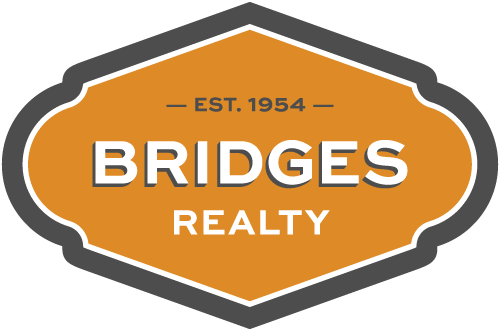Mortgage rates have been kept artificially low by the Federal Reserve since the Great Recession in 2010. As a result, a whole generation of people have never known what might be called normal mortgage rates.
The rest of the adults in America have forgotten what average rates were in the '60s, '70s, and especially in the '80s when they hit 18.45%.
The bottom of the market was February 2021, with 30-year fixed rates were 2.73%. NAR, FNMA, Freddie Mac, and MBA predicted that rates would go as high as 4.00% by the end of the year.
Those estimates may be considered low now based on concerns about inflation and the federal government's efforts to keep it under control. The Fed has announced a series of policy rate increases for the balance of the year. In anticipation of the rate hikes, mortgage lenders have already started raising their rates, as evidenced in the rates since January 3, 2022.
It is possible that a year from now, 30-year fixed rates could be at 5% or above. This could make a significant difference in a buyer's payments, especially compounded with rising prices.
Today, a $450,000 purchase price with a 90% fixed-rate 30-year mortgage at 3.69% has a principal and interest payment of $1,862 a month. If things continue to heat up and the mortgage rate goes up by one percent while the price increases by ten percent a year from now, the home will cost $495,000, and the payment would be $446 higher each month for the term of the mortgage.
Use the cost of waiting to buy to make projections on the price of the home you want to buy based on your own estimate of what interest rate and appreciation will do next year.
now causes the payment to get locked in at the lower rate, and the increase in value belongs to the buyer as equity build-up. But unfortunately, with the current supply and demand on housing inventory, waiting to purchase moves the bar higher and higher until some buyers will not qualify.

